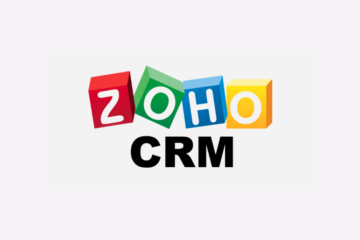
This week we are all about MailChimp. The past two weeks have been focused on digital communication effectiveness around website and social media content. This week we continue that discussion with email. As we say here at the Digital Engine, email is the “heartbeat” of your inbound marketing campaign. Staying consistent to your brand promises and launching an email once a week on the same day is the key to email opens. Your most loyal followers will reward your consistency by opening and clicking through your emails to find out the most interesting and exciting happenings with your brand. During class, we explore the state of email today, along with email marketing strategies, which include steps to effective activation and re-activation campaigns. We also review successful online newsletter tips and our Digital Engine’s “Email 1-2-3” strategy, which demonstrates you only have six seconds to catch the attention of email subscribers as they focus heavily on the address line, subject line, and coordination of the email body. Lastly, we discuss if and when to use pictures in emails and how various incoming email servers will react to picture sizes. After years of consulting and A/B testing, we have found that conversational emails without pictures have significantly higher open and click-through rates. We encourage all Digital Engine students to A/B Test this for themselves on their own target markets to see how pictures affect their open rates throughout the 8-week live practicum.
To run their email marketing campaigns, students use Intuit’s MailChimp as their email service provider. In the mechanical setup process at the beginning of the semester, students are taught how to create an email subscription form on their website. These forms are connected to MailChimp using a third-party plugin called MC4WP (MailChimp 4 WordPress). Using free third-party plugins like this are key to creating a website that is correctly setup to run an inbound marketing campaign and perform the necessary automation to allow a single student to effectively run a live campaign all on their own. Authenticating their website through MailChimp also helps keep student emails out of spam, as students use their branded MailChimp account to deliver weekly emails to their email distribution list. Through MailChimp, students create design templates, emails, and can now even dabble in SMS marketing. As a fully integrated marketing service, thousands of companies around the world use MailChimp, or similar email providers like Emma, Constant Contact, or Omnisend. While they are all very similar, students come out of the Digital Engine with email skill sets that will range across any of these platforms.
To learn more about how your students can use The Digital Engine to learn email marketing skills and then put those into practice, check out our course demo.




0 Comments